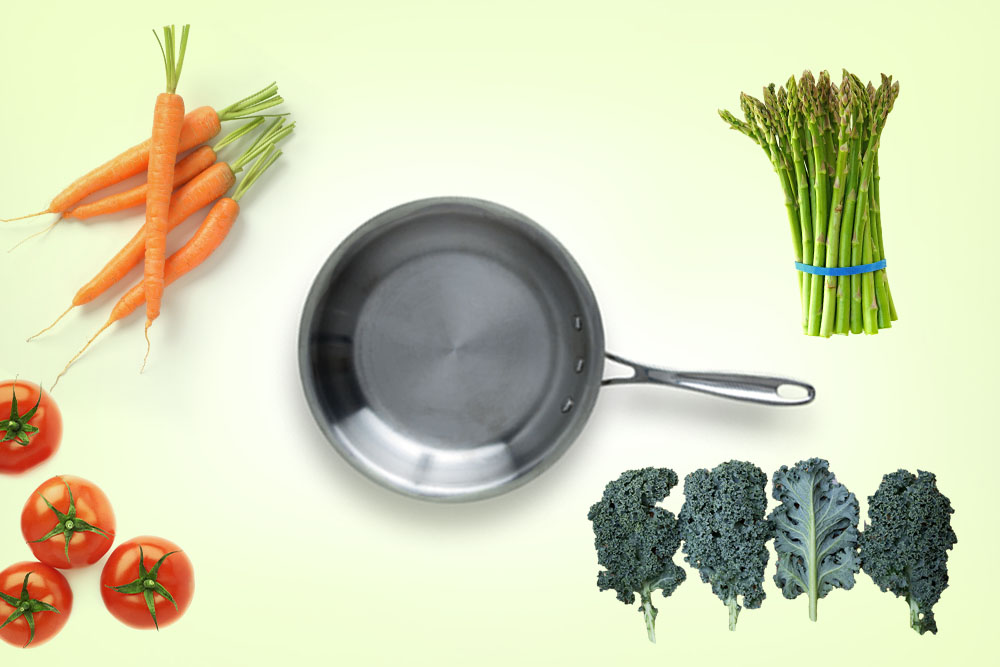

By Danny Kwon
The raw food movement is largely built on the idea that cooking foods destroys certain vitamins and phytonutrients and therefore, we should eat fruits and vegetables in their natural state as much as possible. Well, it turns out that some nutrients are better absorbed by the body once cooked, meaning some vegetables are better cooked than raw.
In fact, a recent study in the American Journal of Clinical Nutrition found that women who followed a regular, healthy whole-foods diet (with a normal mix of cooked and raw foods) absorbed more beta-carotene than women who also ate a healthy whole-foods diet but only ate raw foods.1 So even though the raw foods group ate more phytonutrients than the cooked food group, they absorbed less of it.
We’re definitely not making a case against raw foods or a raw food diet. Let’s be clear: any diet high in
Last Generation is a magazine for people seeking spiritual answers to the current issues of our times.
Your subscription will give you:
*Digital-only subscriptions also available
“Plasma beta-carotene is not a suitable biomarker of fruit and vegetable intake in german subjects with a long-term high consumption of fruits and vegetables,” NIH, nlm.nih.gov, Nov. 27, 2009.
“Lycopene in tomatoes: chemical and physical properties affected by food processing,” NIH, nlm.nih.gov, Sept. 29, 2008.
“Thermal Processing Enhances the Nutritional Value of Tomatoes by Increasing Total Antioxidant Activity,” ACS Publications, pubs.acs.org, Apr. 17, 2002.
“Effect of Different Cooking Methods on Vegetable Oxalate Content,” ACS Publications, pubs.acs.org, Mar. 18, 2005.
“Mechanisms of folate losses during processing: diffusion vs. heat degradation,” NIH, nlm.nih.gov, Feb. 22, 2014.
“Effects of Genetic, Pre- and Post-Harvest Factors on Phenolic Content and Antioxidant Capacity of White Asparagus Spears,” NIH, nlm.nih.gov, Dec. 16, 2009.
“Steam cooking significantly improves in vitro bile acid binding of beets, eggplant, asparagus, carrots, green beans, and cauliflower,” Science Direct, sciencedirect.com, Dec. 2007.
“Influence of cooking methods on antioxidant activity of vegetables,” NIH, nlm.nih.gov, Apr. 2009.
“Influence of cooking process on phenolic marker compounds of vegetables,” NIH, nlm.nih.gov, Mar. 2003.
“Kale,” Harvard T. H. Chan School of Public Health, hsph.harvard.edu.
© Shutterstock.com
Danny Kwon is the executive director of Life and Health, a licensed attorney, and CEO of Carbon Biotech, the makers of black ice charcoal patch. He identifies with busy people looking for ways to live and eat healthier and trying to get their kids to eat their veggies.